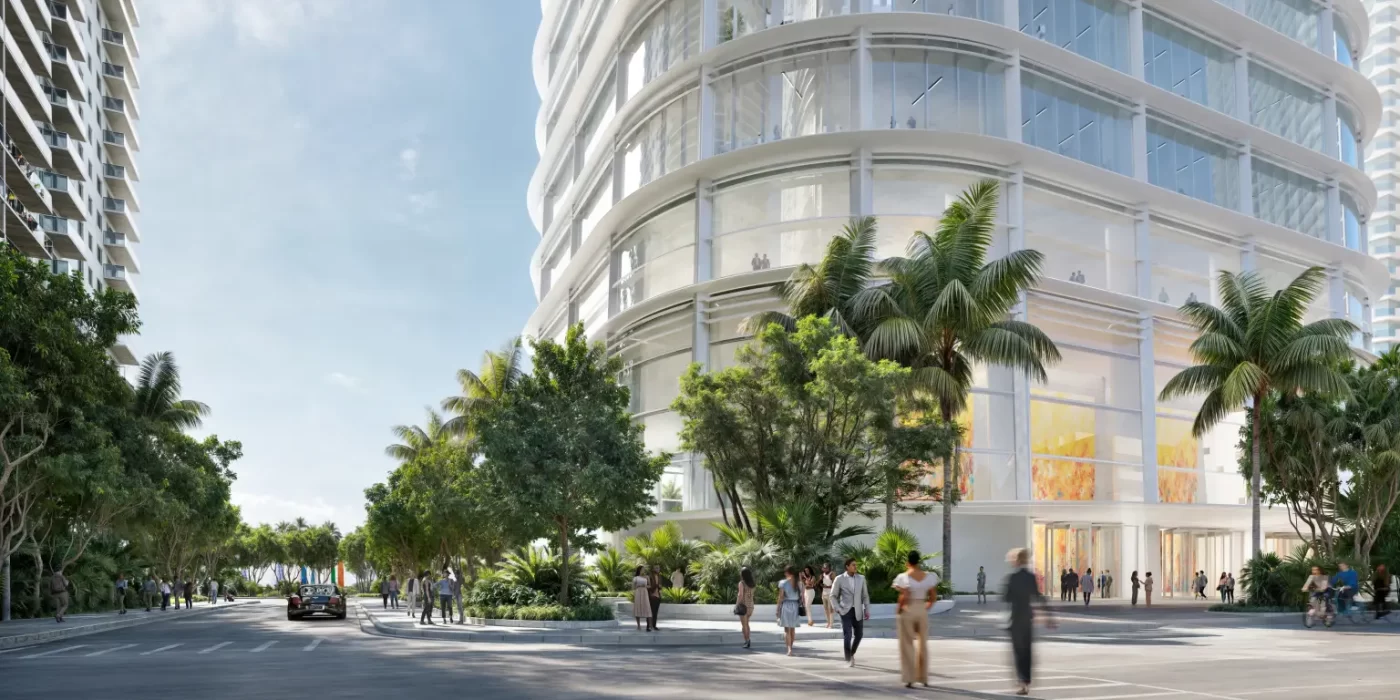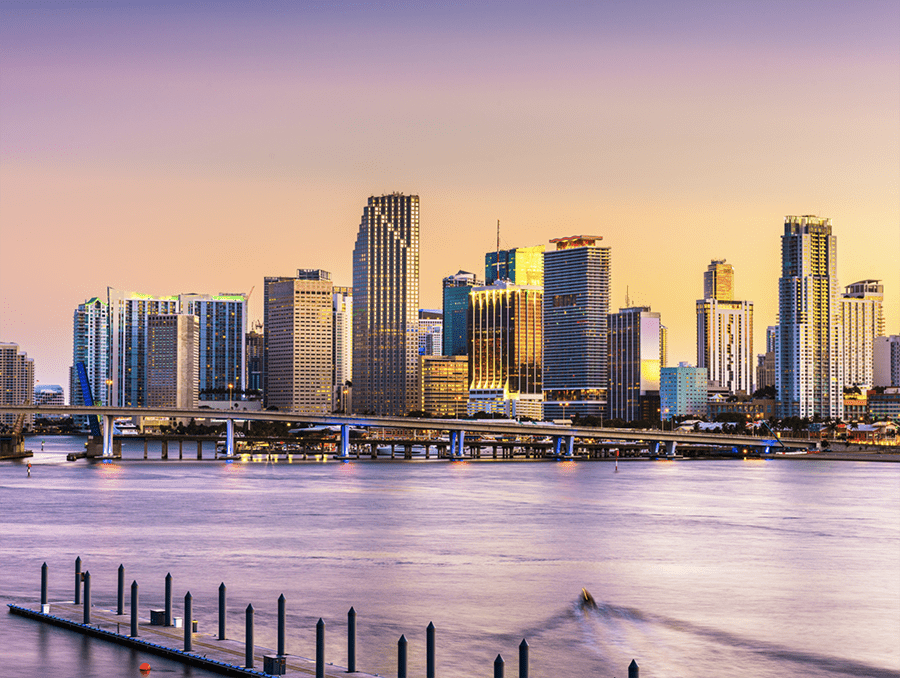Citadel’s Miami Metamorphosis: Ken Griffin’s Billion-Dollar Bet on the Sunshine State
In a move that epitomizes the shifting tides of financial power, hedge fund titan Ken Griffin is doubling down on his Florida gambit with an ambitious plan for Citadel’s new Miami headquarters. The proposed 54-story marvel, set to redefine the city’s skyline, is not just a building—it’s a statement of intent from one of Wall Street‘s most formidable players.
A Visionary Vertical
The planned 1.7-million-square-foot mixed-use development is a testament to Griffin’s grand vision for Citadel’s future. Designed by the renowned Foster + Partners, the structure will house:
- Citadel’s state-of-the-art headquarters
- Premium office space for lease
- A luxurious rooftop hotel
- Two high-end restaurants
- A public waterfront terrace
In a nod to Miami’s nautical culture, plans even include a dock for direct bay access—a feature that’s sure to appeal to the city’s high-net-worth clientele.
Strategic Relocation
Griffin’s decision to transplant Citadel from Chicago to Miami two years ago was no mere whim. It was a calculated move, influenced by Florida’s business-friendly climate and concerns over Chicago’s rising crime rates. This new headquarters represents the culmination of that strategic shift.
Architectural Innovation
Nigel Dancey, head of studio at Foster + Partners, describes the tower as a fusion of form and function. “The tower’s tapered form unifies its various functions, enhances structural efficiency, and creates an elegant marker on the Miami skyline,” Dancey told our correspondent. The design also incorporates environmentally responsive elements, including a louvered shading system that pays homage to Florida’s vernacular architecture while optimizing internal comfort.
Community Integration
Griffin’s vision extends beyond Citadel’s walls. The project aims to connect with Miami’s ambitious Baywalk project, a multi-mile waterfront trail that promises to enhance the city’s public spaces. This integration underscores a commitment to urban development that goes beyond corporate interests.
The Griffin Effect
As the owner of the most expensive home in U.S. history, Griffin is no stranger to headline-grabbing real estate moves. This latest venture, however, transcends personal luxury. It’s a bold statement about the future of finance, with Miami positioned as a key player on the global stage.
Looking Ahead
With groundbreaking set for next year, the financial world will be watching closely. As Citadel’s new headquarters rises from the shores of Biscayne Bay, it will stand as a gleaming symbol of Miami’s ascendance in the financial sector—and of Ken Griffin’s unerring instinct for being ahead of the curve.
In the high-stakes world of hedge funds, Griffin has once again shown why he’s considered a master of calculated risks. As this glass and steel titan takes shape, it may well herald a new era for Miami, for Citadel, and for the landscape of American finance.
Photo: Foster + Partners
Source: New York Post


